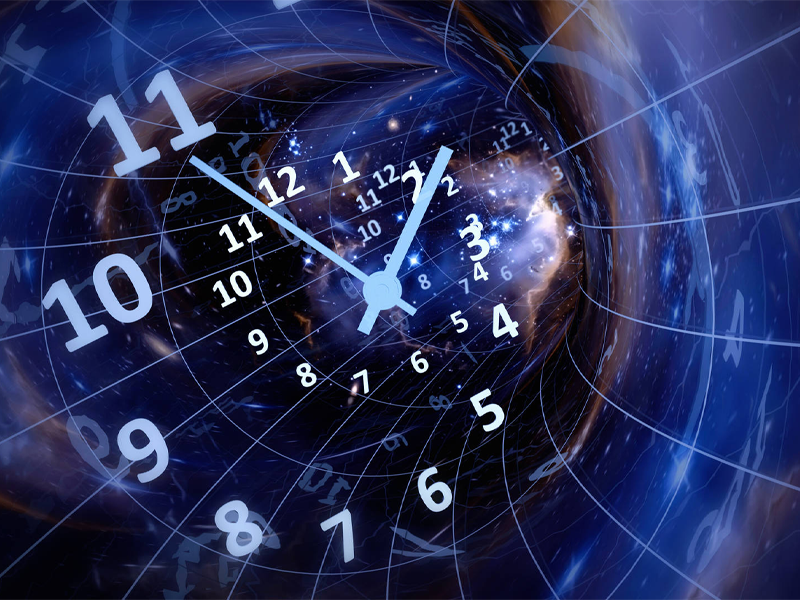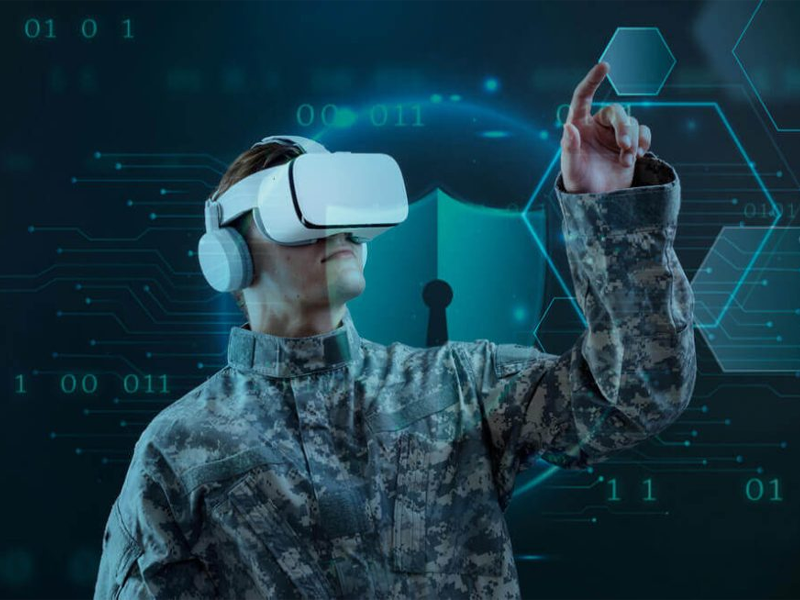Time travel has long fascinated both scientists and storytellers, capturing our imaginations with the promise of exploring alternate realities and parallel universes. From H.G. Wells’ “The Time Machine” to modern-day films and TV shows, the concept of time travel serves as a powerful narrative tool, allowing us to look into the unknown and envision worlds beyond our own. But what exactly is the role of time travel in this thrilling exploration?
Narrative Exploration Through Time Travel
At its core, time travel in fiction and theory opens doors to alternative timelines and realities. By bending the flow of time, characters can visit past or future versions of their world or venture into entirely different dimensions. This exploration allows authors and creators to examine the consequences of changes in history or the impact of future advancements, presenting a unique way to explore human nature and societal evolution.
Time Travel in Literature
In literature, the role of time travel often involves characters grappling with the implications of their actions across different periods. For instance, in classic science fiction, a protagonist might travel back to prevent a historical disaster, only to find that their interference has created a new set of problems. This mechanism not only serves as a compelling plot device but also raises profound questions about causality, destiny, and free will. By manipulating time, characters can confront alternate realities and the ripple effects of their choices.
Time Travel in Television and Film
Television and film have also embraced the role of time travel to explore parallel universes and alternate dimensions. Shows like “Doctor Who” and “Rick and Morty” use time travel as a means to introduce viewers to new worlds and scenarios, each with its own set of rules and possibilities. These narratives allow us to explore the infinite potential of the multiverse and reflect on our reality from different perspectives. The role of time travel in these mediums enriches our understanding of complex themes, such as identity and morality, by presenting them in novel and engaging ways.
Theoretical Physics and Time Travel
In addition to its narrative uses, the role of time travel in theoretical physics offers fascinating possibilities. Scientists and researchers speculate about the nature of time and the existence of parallel universes, considering whether time travel could be more than just science fiction. Theoretical models, such as wormholes and quantum mechanics, suggest that time travel might one day be possible, potentially allowing us to explore alternate realities in a way that goes beyond imagination. While we are far from achieving this, in fact, the role of time travel in science keeps our curiosity alive and drives scientific inquiry.
Personal Growth Through Time Travel
Moreover, the role of time travel can also be seen in the context of personal growth and self-discovery. Stories where characters travel through time often involve introspection and self-improvement. By confronting different versions of themselves or witnessing the outcomes of their actions, characters can gain insights into their behavior and values. This thematic element underscores the idea that exploring alternate realities can lead to a deeper understanding of oneself and one’s place in the universe.
Philosophical Implications of Time Travel
The role of time travel in exploring alternate realities and parallel universes also extends to philosophical discussions about existence and reality. Time travel narratives frequently engage with questions about the nature of reality and whether our experiences are unique to our timeline or part of a larger, interconnected multiverse. This philosophical angle invites readers and viewers to ponder the nature of existence and the potential for countless variations of our world.
Conclusion
In conclusion, the role of time travel in exploring alternate realities and parallel universes serves as a dynamic and versatile tool in both fiction and scientific theory. Patrick Bryan McFadden’s book When Time Stood Still exemplifies this by delving into themes of life from other planets, the possibilities of time travel, and the notion that visitation from distant realms is achievable. McFadden’s narrative challenges our perceptions and inspires us to consider the vast possibilities of time and space.





